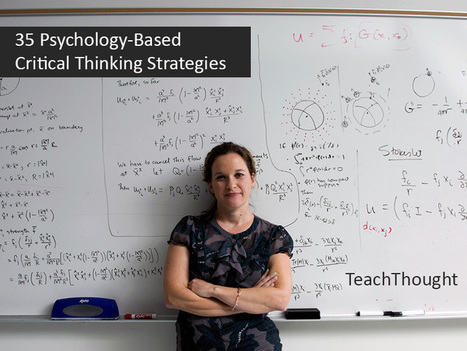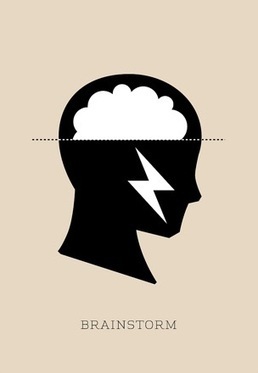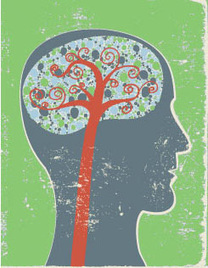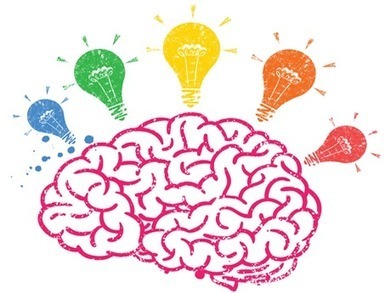35 Psychology-Based Learning Strategies For Deeper Learning
Have you ever considered letting your students listen to hardcore punk while they take their mid-term exam? Decided to do away with Power Point presentations during your lectures? Urged your students to memorize more in order to remember more? If the answer is no, you may want to rethink your notions of psychology and its place in the learning environment.



 Your new post is loading...
Your new post is loading...













